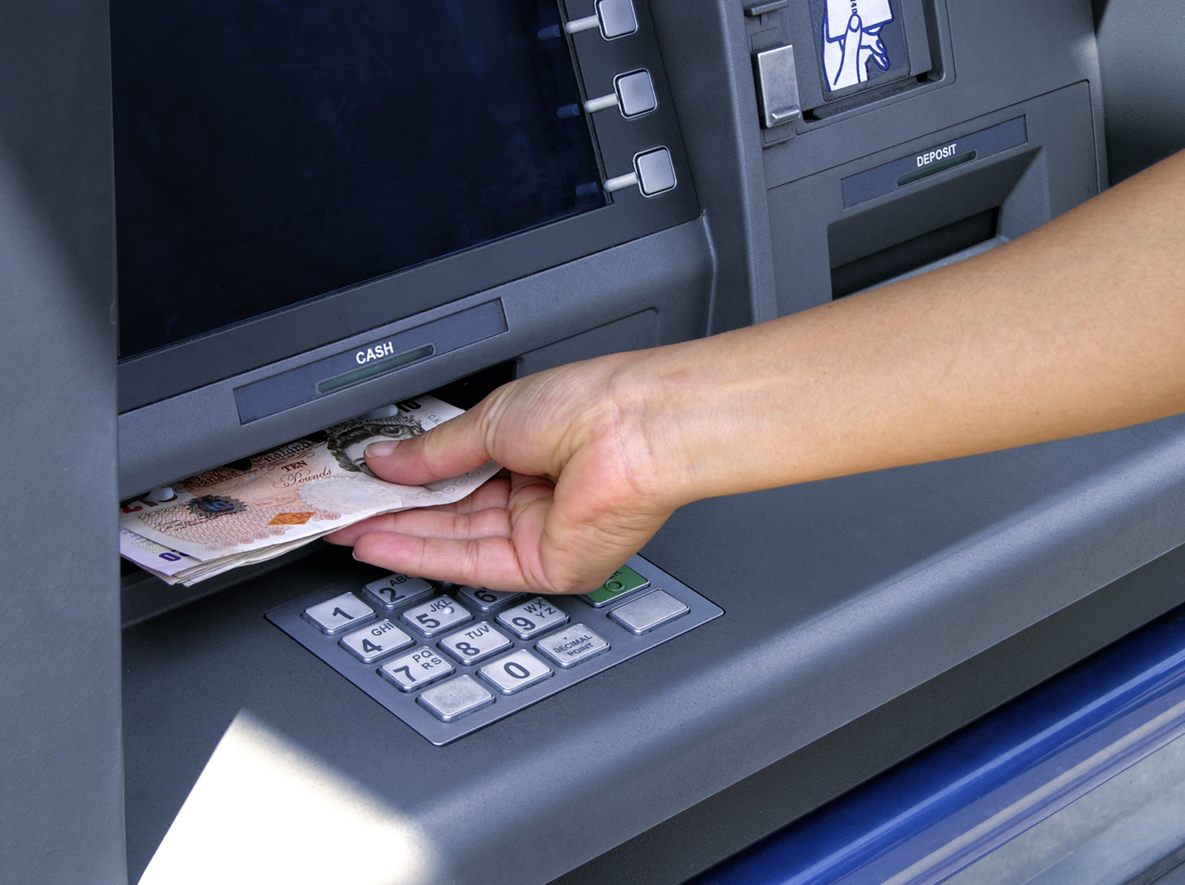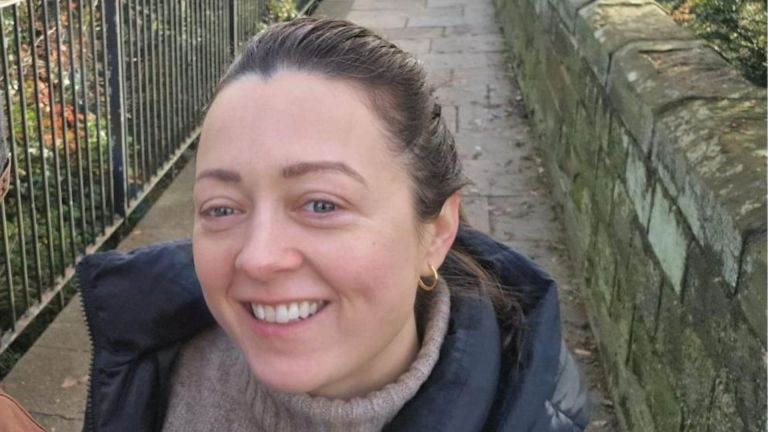Women’s Aid surveyed 72 women aged between 18-65 who had survived abuse. Nearly 20 per cent of the respondents said they had a long-term health issue and more than 15 per cent said they had a disability.
More than one in five said they were still in a relationship with an abusive partner.
Research, evaluation and development officer at Women’s Aid and co-author of the report Sarah Davidge said: “When you have no access money, you can feel completely trapped. Economic abuse is often used by abusers to control their partner and stop her from leaving.
“No woman should be faced with the awful reality of either her family being plunged into homelessness and poverty or staying put with the abuser. We need to remove the barriers that are put in the way of survivors escaping domestic abuse and help her rebuild her life.”
The charity pointed out that racism, ageism, disability discrimination and homophobia can all affect women’s experiences of domestic abuse.
Only 5.6 per cent of respondents were from black or minority ethnic backgrounds – and said this might be because of reduced access to services or from not seeing their experiences reflected in the service, alienating them from it.
One anonymous survivor responding to the survey commented on how her concerns were handled by the authorities, which made her realise that “justice is not available for people of different race”. “I suffered a lot of racism,” she added.
The report also showed that women whose immigration status is insecure must clear extra financial hurdles, like healthcare surcharges.
Two women said their partner had stopped them from developing their English language skills as part of a pattern of controlling behaviour.
Economic abuse can include behaviour that impacts their work and education. Nearly one in five women said an abusive partner stopped them from having a job, while a third said a partner was abusive to them while they were at work or college – making it difficult to continue or complete their studies.
Women’s Aid listed several behaviours as indicative of economic abuse, like destroying property; taking benefits and tax credits; preventing a woman from getting or keeping a job; giving her an allowance; insisting they should have all the money as head of the household; telling her he only does it because she lets him or she will spend the money unless he looks after it; not letting her use the telephone; making her feel worthless by making her account for every penny and threatening her with taking her to court over money, among others.
The charity is calling for more funding to be allocated to specialist domestic abuse services which help survivors open bank accounts, access food banks and manage debt. Around 400 referrals to refuge services in England were declined each week in 2017-18 because services could not meet demand.
International Women’s Day is on Friday March 8.
For information or support, you can contact the Freephone 24-hour National Domestic Violence Helpline, run in partnership between Women’s Aid and Refuge, on 0808 2000 247 or visit www.womensaid.org.uk.









